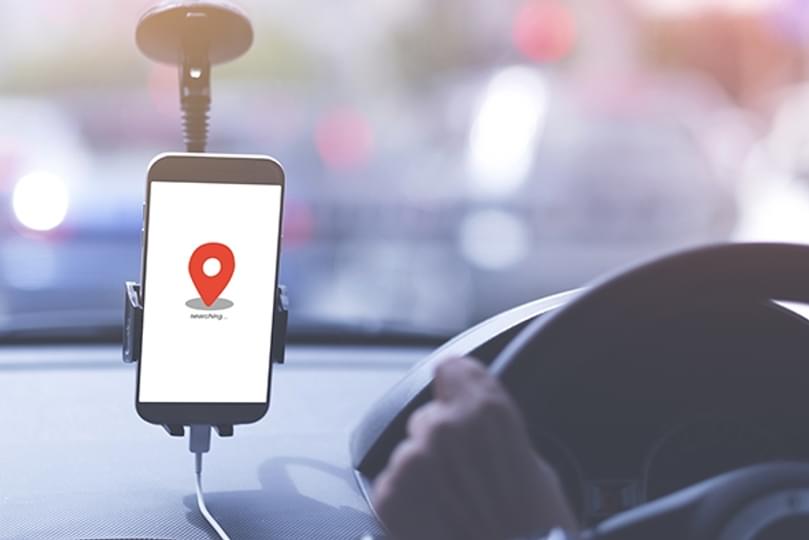
How do people working in the so-called “gig economy” fare? New research carried out by Dr Carl Benedikt Frey and Dr Thor Berger of the Oxford Martin School into this hotly-debated issue has examined the experiences of London’s Uber drivers, and found they have higher levels of life satisfaction compared to other London workers, despite earning significantly less than the London average.
The study, which used anonymised administrative data from Uber and a newly-compiled survey of 1,001 Uber drivers, found that three quarters have a lower total income than the median London worker. Driving with Uber, the median driver earns about £11 an hour after subtracting vehicle overheads and Uber’s service fee. But the majority of those surveyed said they valued flexibility over a salary or fixed hours, and the data showed drivers regularly changed their working hours from week to week (with an average working week of 30 hours).
The working paper - Uber Happy? Work and Wellbeing in the ‘‘Gig Economy’’ – was co-authored by Guy Levin and Santosh Rao Danda of Uber Technologies, and will be presented at the 68th panel meeting of Economic Policy in Vienna next month.
It found the majority of drivers were first generation immigrants, often from ethnic minority backgrounds. Most said their previous job prior to joining Uber had been a permanent one, citing the flexible working that Uber offered and gaining control over their working hours in shaping their decision to start driving. Half of drivers also reported that their income had increased since partnering with Uber.
To investigate drivers’ well-being, the researchers looked both at life evaluation measures, based on an individual’s assessment of his or her life over a longer time horizon, and emotional wellbeing, measuring the quality of person’s everyday experience, comparing data from the Office for National Statistics (ONS) with the survey of 1,001 drivers carried out by polling company ORB earlier this year. The drivers were asked four questions about their wellbeing, covering life satisfaction, happiness, anxiety, and whether the things they did in life were worthwhile.
Dr Frey, Co-Director of the Oxford Martin Programme on Technology and Employment, said: “Whether money can buy happiness is a much-debated question. If income levels are the prime determinant of people’s well-being, one would expect Uber drivers to be much less satisfied with their lives relative to the general London population. Yet we find the opposite to be true. Uber drivers report higher levels of life satisfaction and worthwhileness than other London workers.”
“This does not mean that income doesn’t matter,” Frey added, “but it does suggest that Uber driver’s relative well-being is driven by other factors.”
Dr Berger, Associate Fellow of the Oxford Martin Programme on Technology and Employment, expanded: “Uber drivers also reported that they suffered more anxiety than those in waged employment, a finding consistent with previous studies showing self-employed workers are more satisfied with their lives, but also experience more negative emotions. Yet the subjective well-being among Uber drivers is highly polarized between the majority of drivers that have clear preferences for flexible work and the minority that do not. The study shows that drivers who value a flexible working arrangement report higher levels of life satisfaction and worthwhileness.. In contrast, the minority of drivers who would prefer to work fixed hours in a more conventional work arrangement exhibit lower levels of life satisfaction and higher levels of anxiety.”
Dr Frey said the findings were an important first step in shedding light on work and well-being in the gig economy, and called for more research into the experiences of workers across different platforms and different countries.
“Another important area for future research is why people transition into working in the gig economy,” Berger said. “We know driver demographics vary widely country by country, which themselves have widely varying economic conditions and rates of unemployment.
“Our findings around flexible working being strongly correlated with drivers’ well-being suggests a role for non-monetary factors in assessments of the gig economy”, Frey added.
- Read the working paper: Uber Happy? Work and Wellbeing in the "Gig Economy"
- Dr Carl Benedikt Frey and Dr Thor Berger received no funding from Uber for the study, and retained full editorial control over the resulting paper. The ORB survey was commissioned and paid for by Uber.